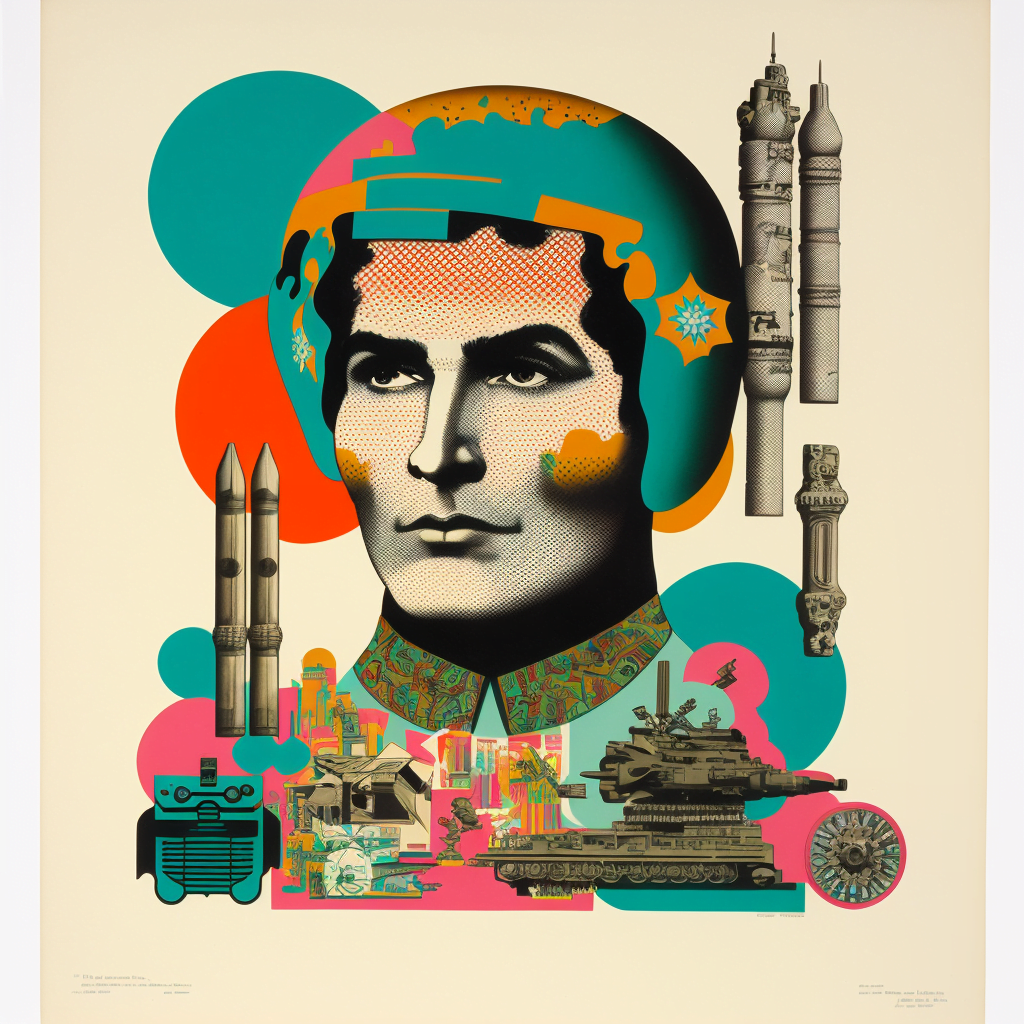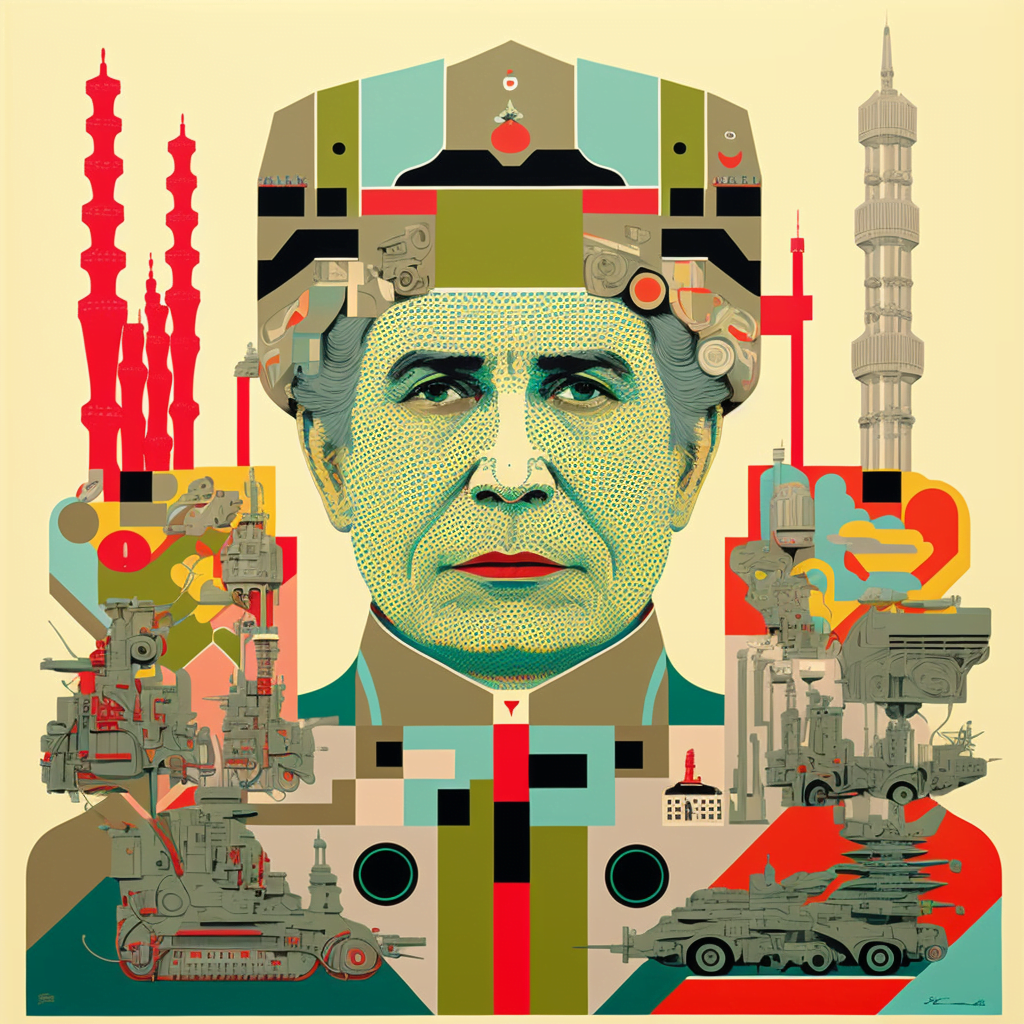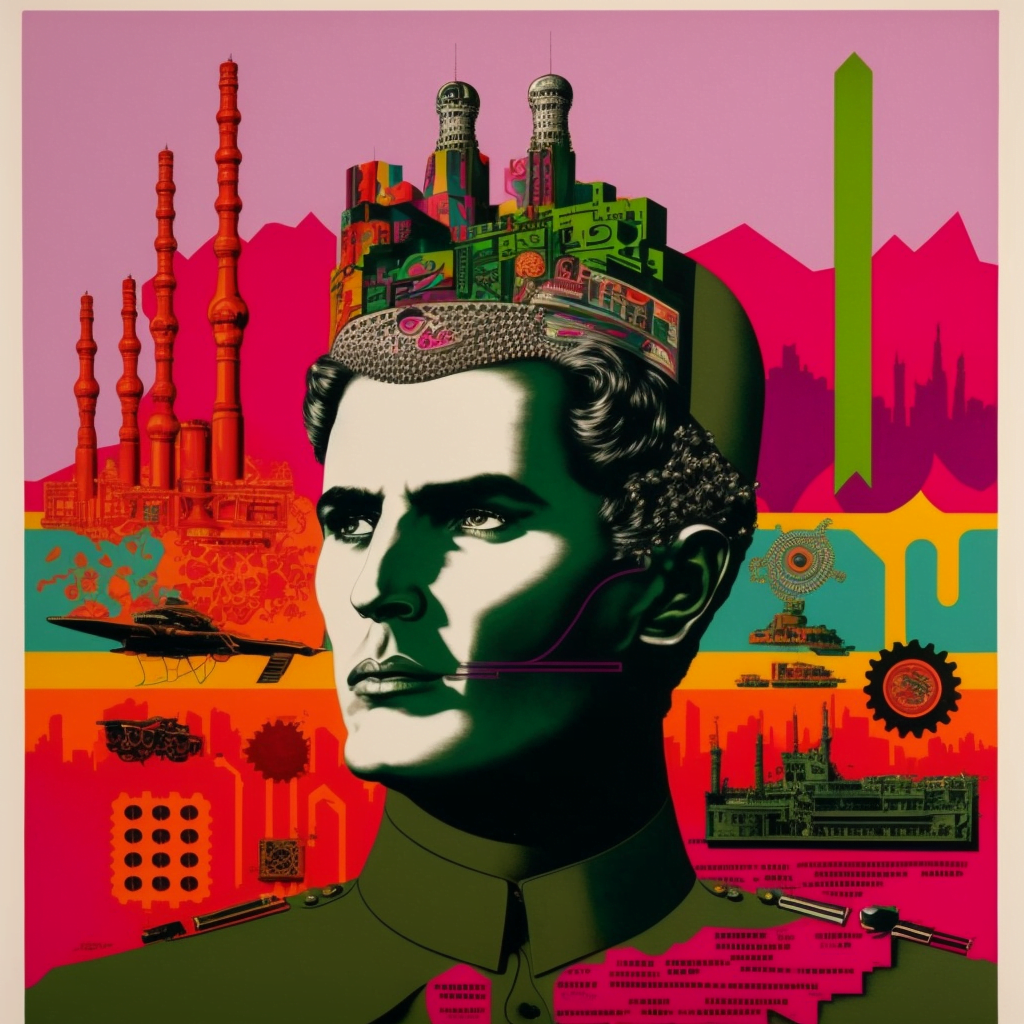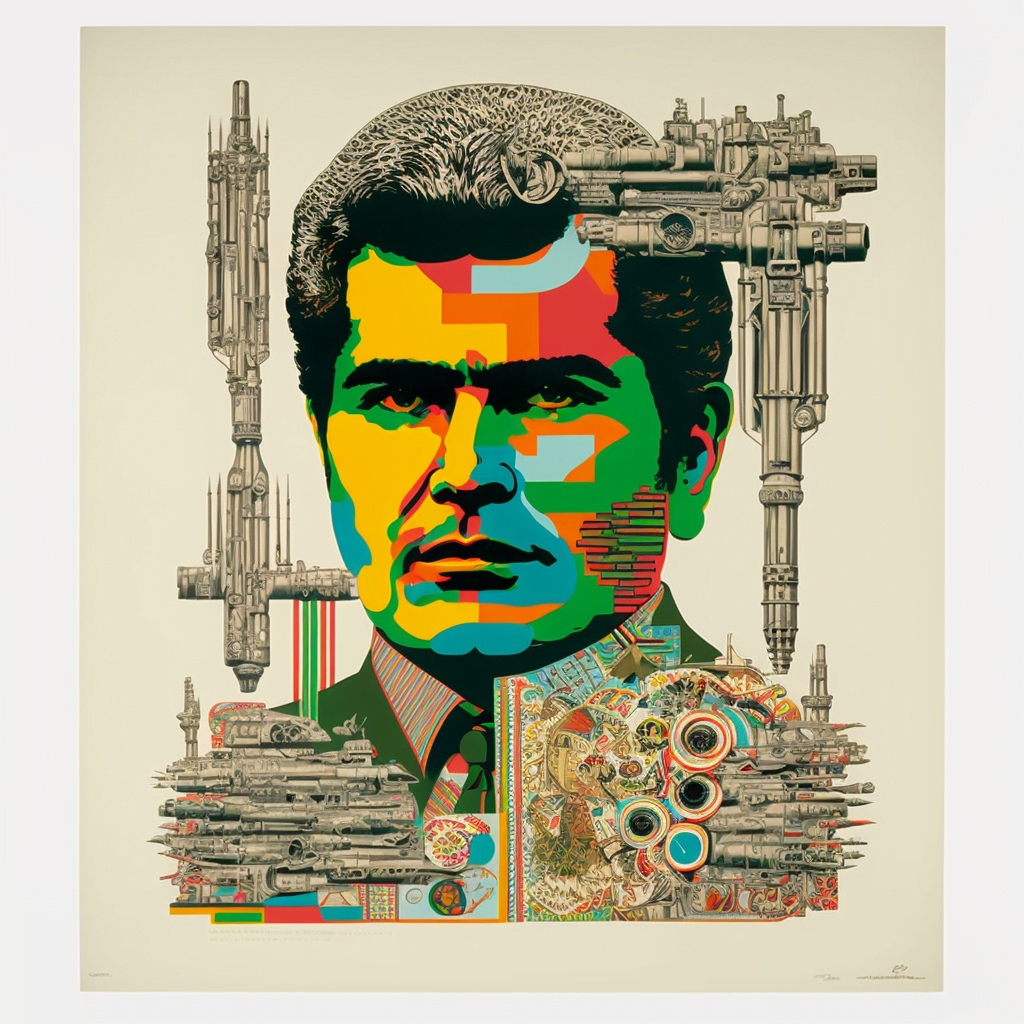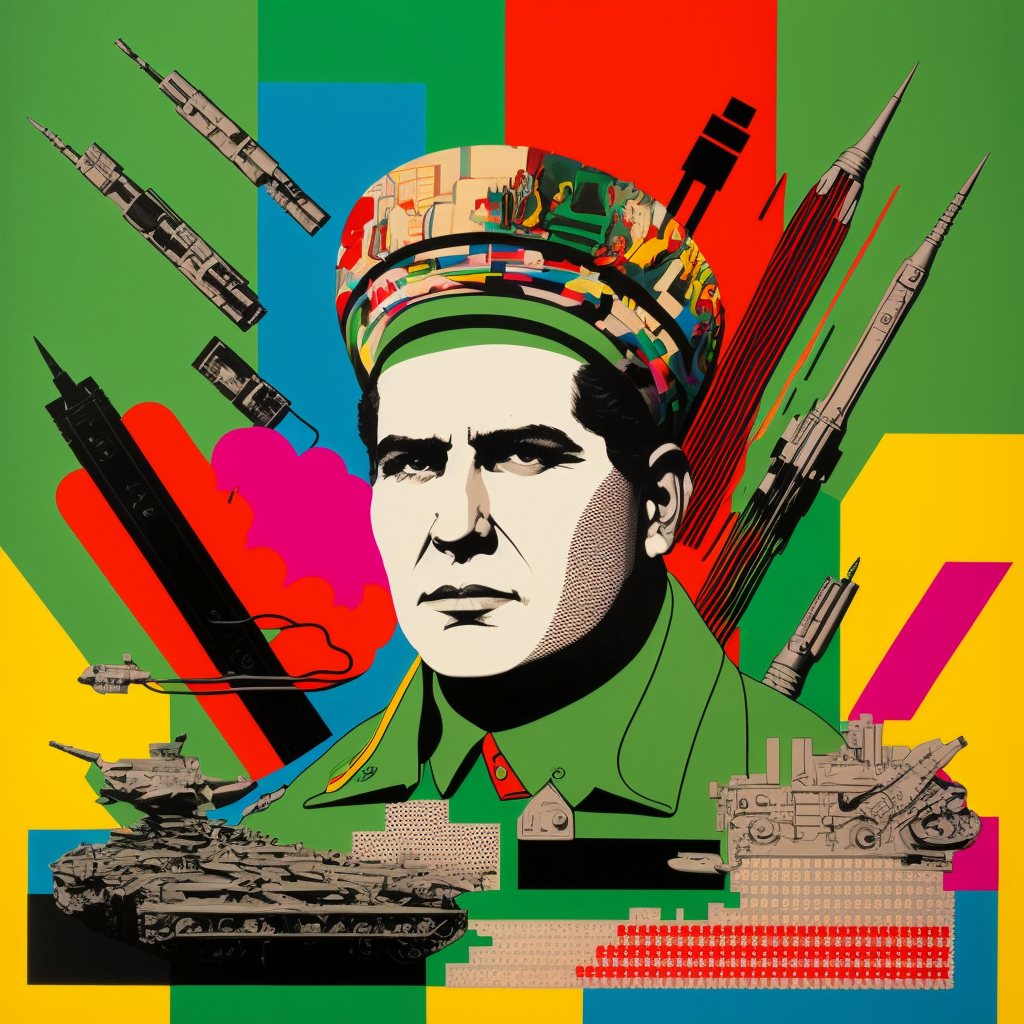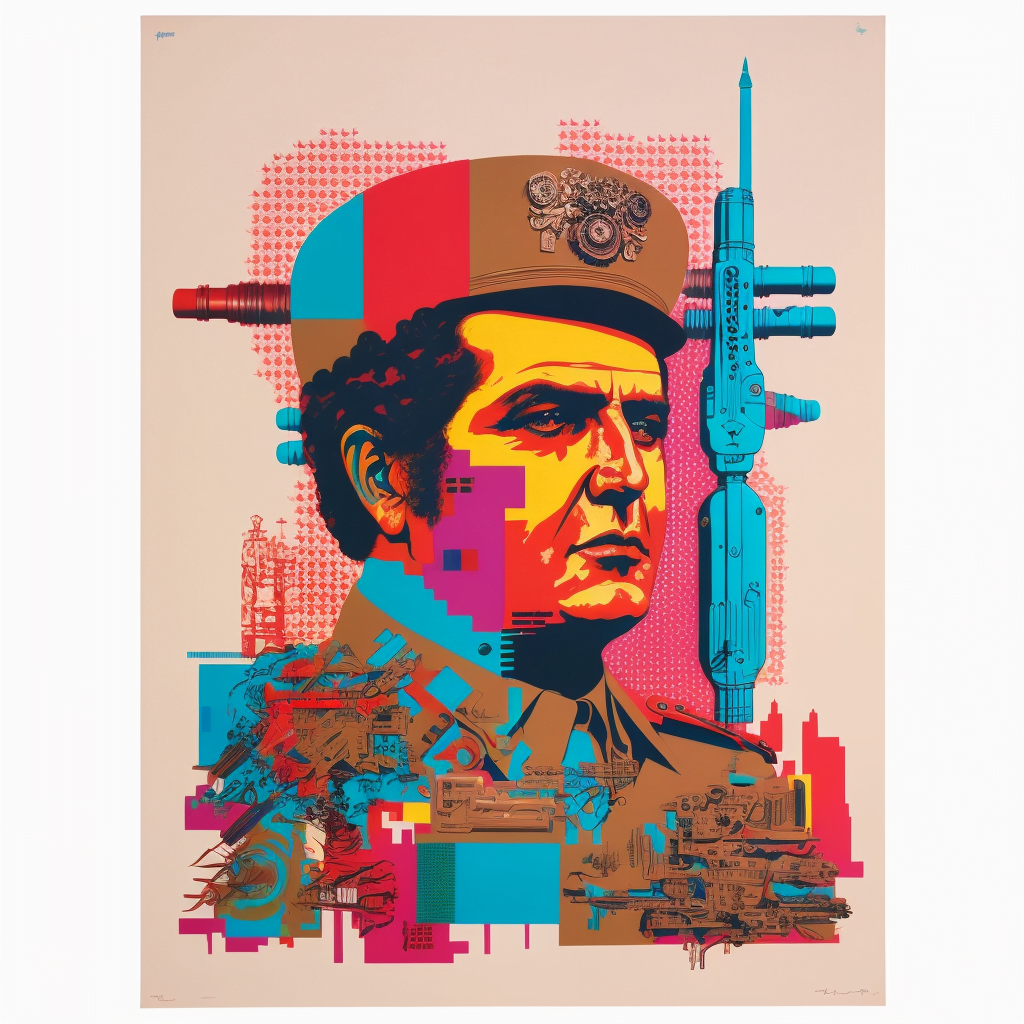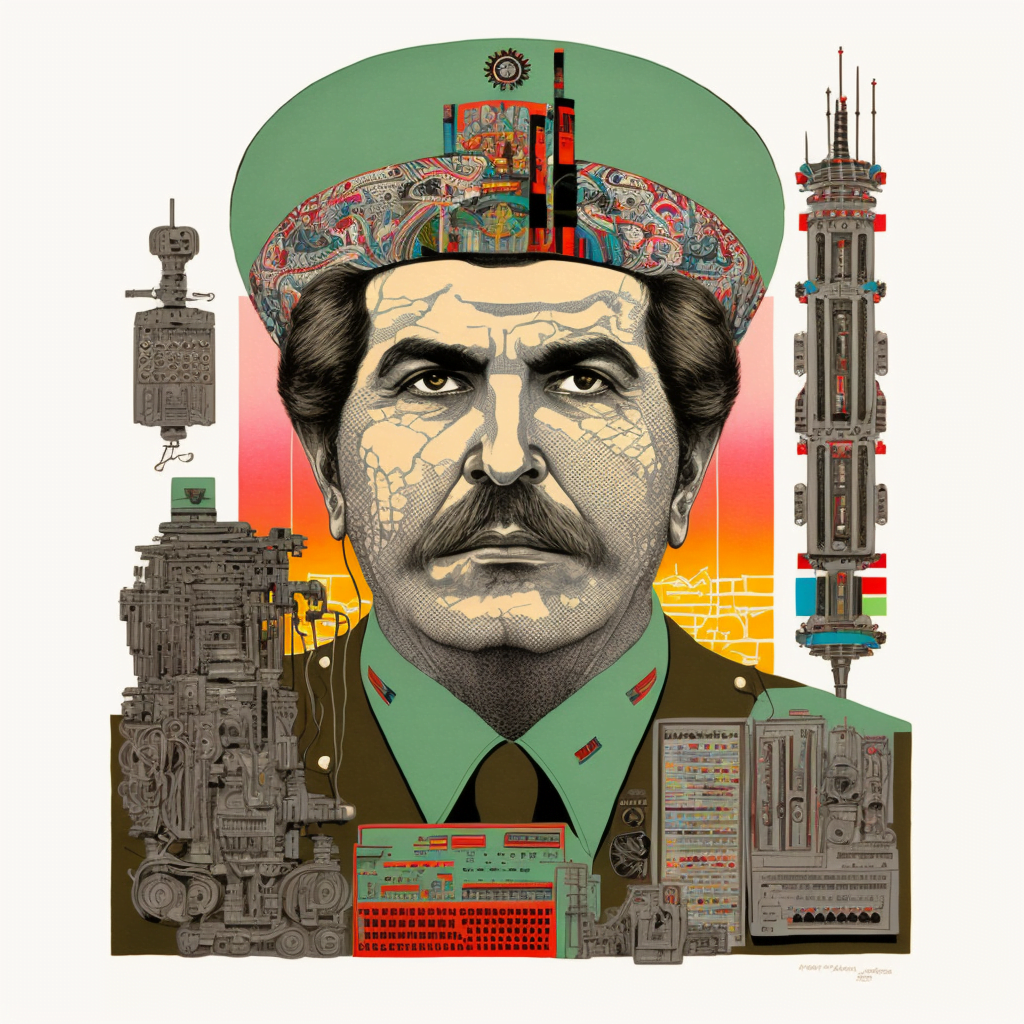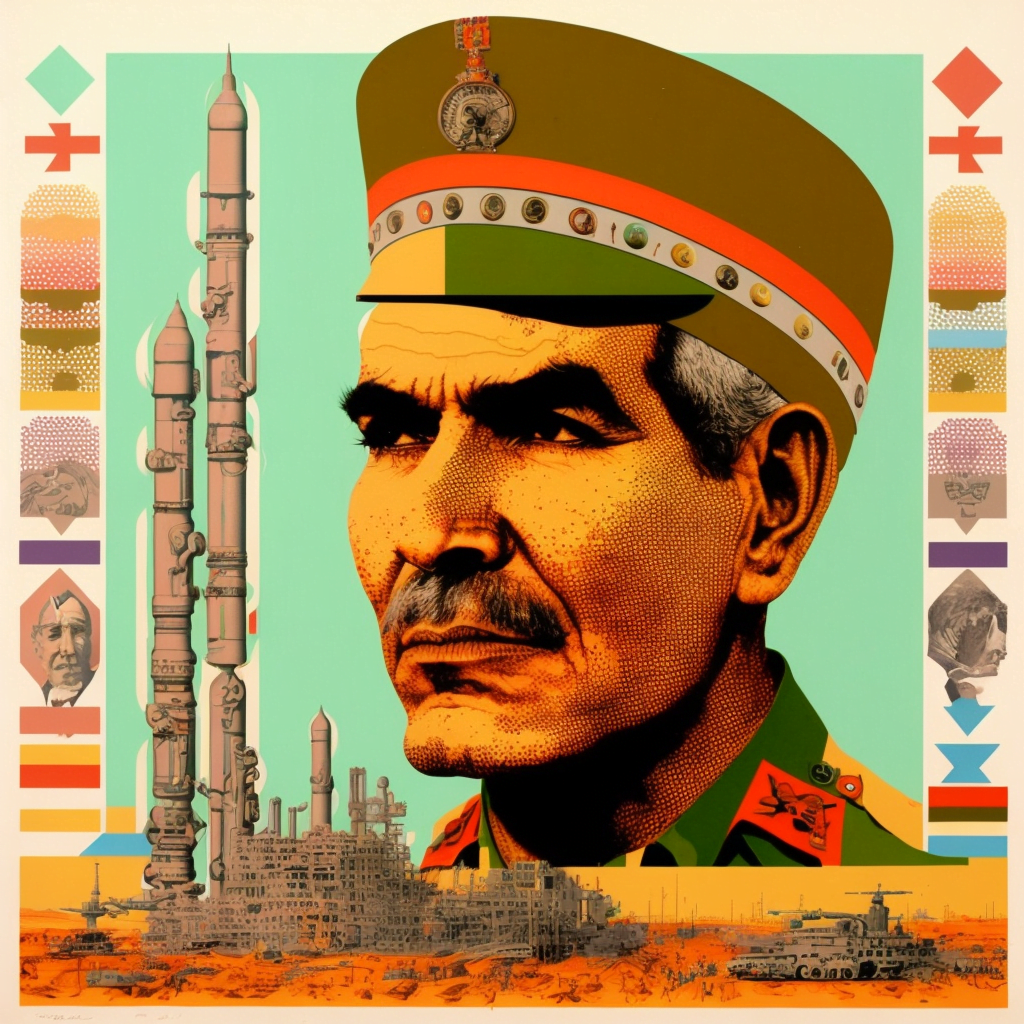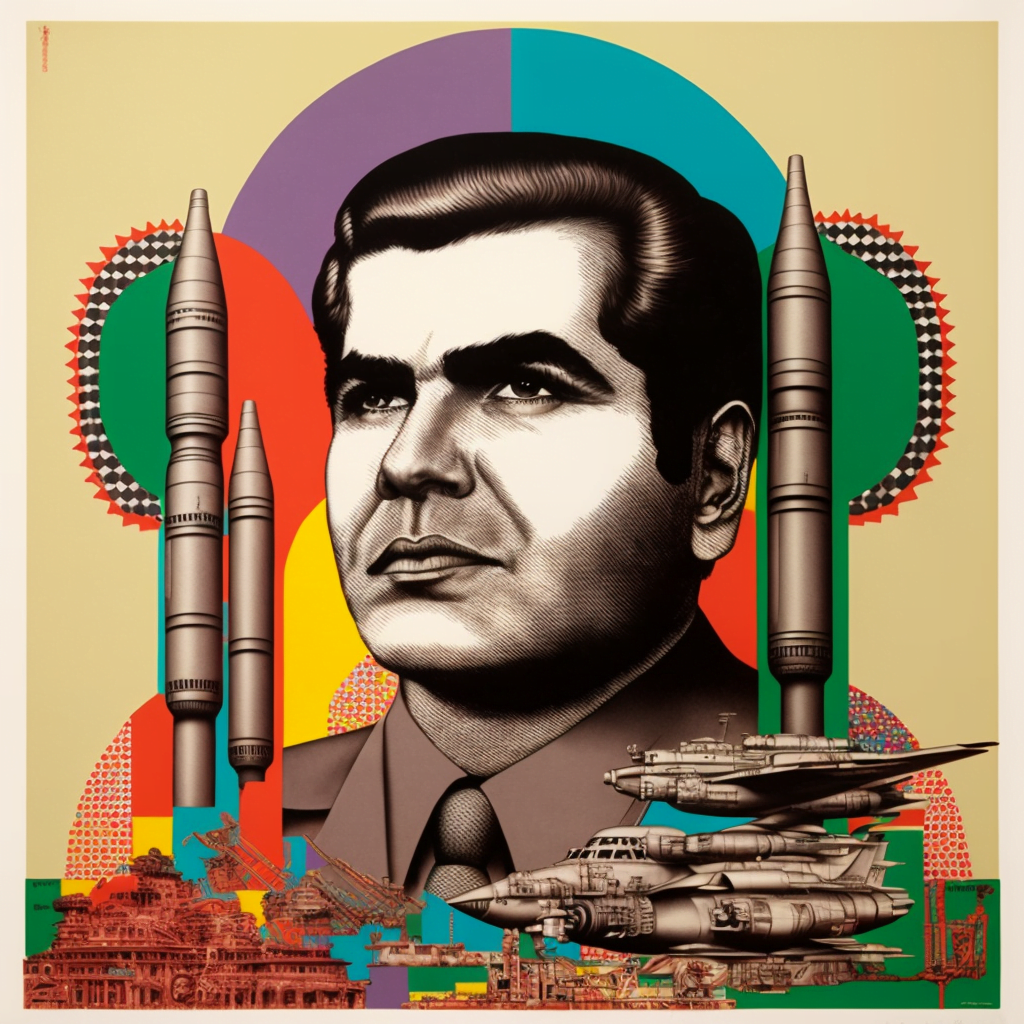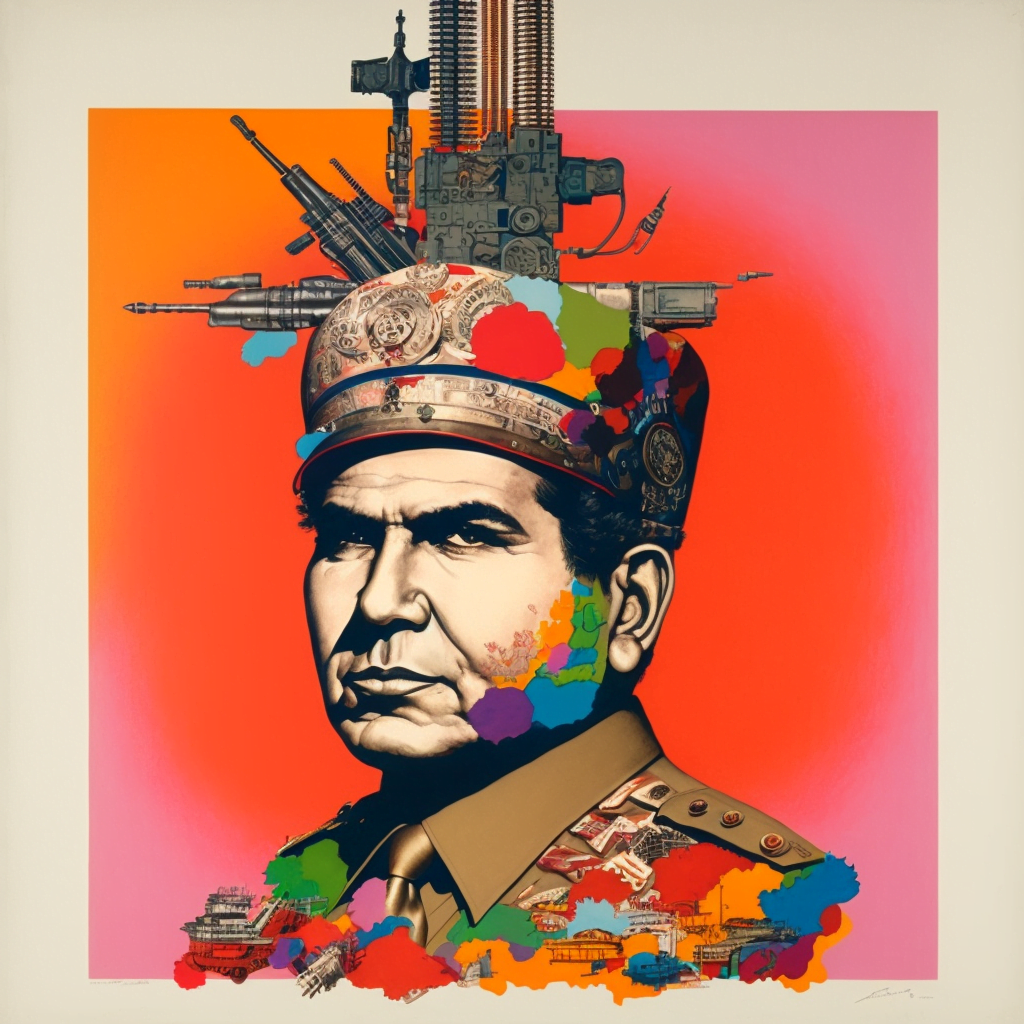Dictators, AI, 2023
Throughout history, the vast majority of dictators have been male.
This is likely due to a combination of societal and cultural factors that have traditionally relegated women to secondary roles in politics and leadership.
One major factor that has contributed to the lack of female dictators is the fact that women have historically been denied equal access to education and job opportunities. This has made it much more difficult for women to rise to positions of power and influence, and has limited their ability to gain the skills and experience necessary to become leaders.
Another factor that has contributed to the lack of female dictators is societal attitudes towards women. Throughout history, women have been viewed as weaker and less capable than men, and this has led to a pervasive belief that women are not suited for leadership roles. This attitude has been reinforced by patriarchal systems that have traditionally placed men in positions of power and authority.
In addition to these societal and cultural factors, there are also structural barriers that have made it difficult for women to rise to positions of power. For example, many political systems are designed to be dominated by men, and this has made it difficult for women to break through and gain political power.
Despite these challenges, there have been a small number of women who have managed to become dictators throughout history. Examples include Isabel Perón of Argentina, who served as President from 1974 to 1976, and Angela Merkel of Germany, who is currently the Chancellor of Germany.
(note: When addressed, AI denied and apologized!)
It’s also important to note that there are also female leaders who have come to power through non-democratic means and have been accused of being authoritarian like Aung San Suu Kyi of Myanmar, who held a powerful position but later was criticized for her handling of the Rohingya crisis.
In conclusion, the lack of female dictators is likely due to a combination of societal and cultural factors, as well as structural barriers that have traditionally made it difficult for women to rise to positions of power. While there have been a small number of women who have managed to become dictators throughout history, they remain a rarity in a field that has been dominated by men.
It is important to note that just because there are fewer female dictators than male dictators, it does not mean that women should strive to become dictators. Dictatorship is a negative form of leadership, characterized by the abuse of power, disregard for individual rights and freedoms, and lack of accountability.
